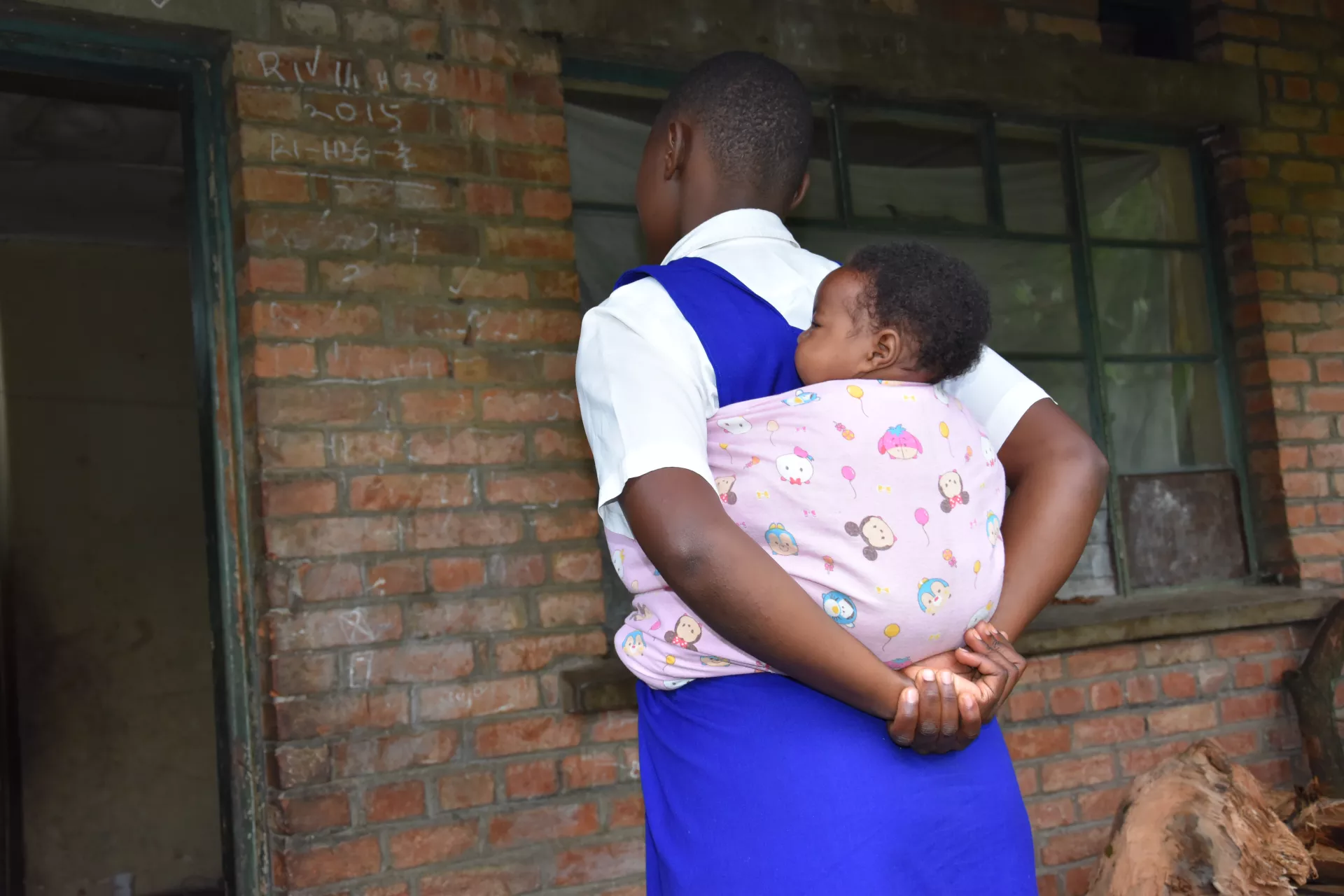In This Article
- Introduction to Teenage Pregnancy Crisis in Uganda
- Father's Day Event Highlights
- Current Initiatives and Their Limitations
- Impact of Covid-19 on Teenage Pregnancy
- Call for Involvement of Fathers and Community
- Conclusion and Urgent Need for Comprehensive Strategies
Key Takeaways
- Child rights advocates in Uganda are raising concerns over high teenage pregnancy rates, with 25% of girls aged 15 to 19 having begun childbearing.
- Current initiatives to combat teenage pregnancy are deemed insufficient as they often exclude men from the conversation, highlighting the need for a holistic approach.
- The Covid-19 pandemic exacerbated the issue, leading to school dropouts among girls due to early pregnancies and a lack of support for their return to education.
- Civil society representatives emphasize that policy reforms are not enough without adequate resources and community frameworks to support girls' education and healthcare.
- The event organized by Fathers Arise aimed to highlight the importance of responsible fatherhood and the often-overlooked contributions of men in informal sectors.
Child rights advocates in Uganda are raising urgent concerns over the nation's persistently high teenage pregnancy rates, emphasizing that existing measures to address this issue are inadequate and progressing too slowly. This warning was highlighted during Father's Day celebrations organized by Fathers Arise over the weekend.
The event, themed around encouraging responsible fatherhood and community protection, gathered civil society members, activists, and the public to discuss challenges related to fatherhood and child welfare in Uganda. According to the 2022 Uganda Demographic and Health Survey (UDHS), a staggering 25 percent of Ugandan girls aged 15 to 19 have already begun childbearing, placing Uganda among the countries with the highest teenage pregnancy rates in sub-Saharan Africa.
Annabellea Nakabiri Mukisa, the Executive Director of The Ruminant Generation, stressed that current initiatives to combat teenage pregnancy are insufficient as they often exclude men from the conversation. "We are committed to empowering girls to make informed decisions about their bodies and relationships. However, this effort alone is not enough," Nakabiri stated. "It is crucial to involve men, parents, and the broader community. A holistic approach is essential to effectively address this issue."
Nakabiri also highlighted the adverse effects of the Covid-19 pandemic, particularly the lengthy school closures that left many girls susceptible to sexual violence, early marriages, and defilement. Consequently, thousands of girls have dropped out of school due to pregnancy, with many lacking a clear path to return to their education.
Despite the government's attempts at policy reform and child-focused programming, civil society representatives assert that gaps in implementation and funding continue to impede progress. "Having policies in place is not sufficient. We need adequate resources and community frameworks that support girls in remaining in school and accessing healthcare," Nakabiri emphasized.
During the event, Isaac Mukisa, founder of Fathers Arise, called for renewed attention to the role of fathers, particularly those in informal sectors who often go unnoticed. "Every year, we celebrate Mother's Day in grand style, but many men are not even aware that Father's Day exists," Mukisa remarked, noting that nearly 90 percent of the men he spoke with had never celebrated the occasion.
To alter this narrative, Mukisa's organization chose to specifically honor boda boda riders, who face social stigma yet make significant sacrifices for their families. "These men wake up early, endure harsh weather, and navigate dangerous roads, some even losing their lives or sustaining serious injuries to provide for their families," he explained. "Yet, they manage to pay rent, raise children, acquire land, and build homes, some of them have been doing this for over 15 years."
Mukisa stressed that while boda boda riding may be undervalued by some, it serves as a vital source of income and stability for countless Ugandan men and their families.
As the conversation continues, the urgent need for a comprehensive and inclusive approach to combat teenage pregnancy in Uganda remains clear.








Comments (0)
Leave a Comment
Be the first to comment on this article!